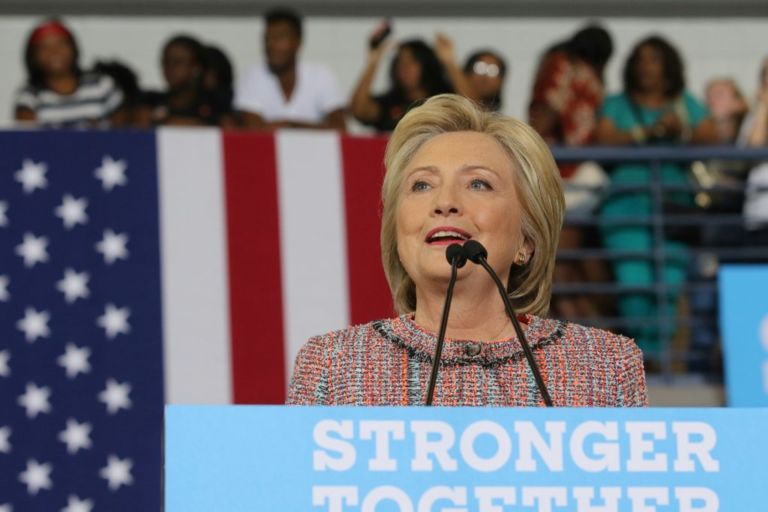Jonah Goldberg‘s latest column ponders the media’s lack of interest in the details of the Benghazi terrorist killings.
Last week, Fox News correspondent Jennifer Griffin reported that sources on the ground in Libya say they pleaded for support during the attack on the Benghazi consulate that led to the deaths of four Americans, including U.S. ambassador Christopher Stevens. They were allegedly told twice to “stand down.” Worse, there are suggestions that there were significant military resources available to counterattack, but requests for help were denied.
If this is true, the White House’s concerted effort to blame the attack on a video crumbles, as do several other fraudulent claims. Yet, last Friday, the president boasted that “the minute I found out what was happening” in Benghazi, he ordered that everything possible be done to protect our personnel. That is either untrue, or he’s being disobeyed on grave matters.
This isn’t an “October surprise” foisted on the media by opposition research; it’s news.
This story raises precisely the sort of “big issues” the media routinely claim elections should be about. For instance, defense secretary Leon Panetta said last week that the “basic principle is that you don’t deploy forces into harm’s way without knowing what’s going on, without having some real-time information about what’s taking place.” If real-time video of the attack and communications with Americans on the ground begging for assistance don’t constitute “real-time information,” what does?
This is not to say that Fox News is alone in covering the story. But it is alone in treating it like it’s a big deal. During the comparatively less significant Valerie Plame scandal, reporters camped out on the front lawns of Karl Rove and other Bush White House staff. Did Obama confiscate those journalists’ sleeping bags?


